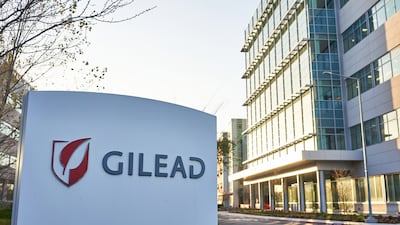India could be staring at a national health crisis in the backdrop of its continuing massive reliance on Chinese active pharmaceutical ingredients (APIs), including those used in drugs for high-burden diseases such as diabetes and cardiovascular ailments, according to a report by the professional services firm KPMG and the Confederation of Indian Industry (CII).
India accounts for 20% of the global disease burden and in addition to communicable diseases such as malaria and tuberculosis, the growing numbers for non-communicable diseases (NCDs) pose additional health...
Read the full article – start your free trial today!
Join thousands of industry professionals who rely on Scrip for daily insights
- Start your 7-day free trial
- Explore trusted news, analysis, and insights
- Access comprehensive global coverage
- Enjoy instant access – no credit card required
Already a subscriber?




